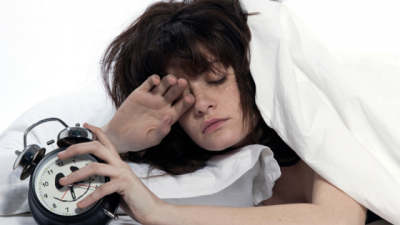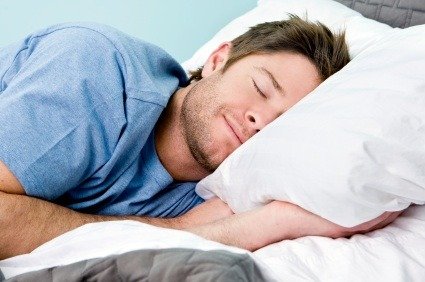¡Hi steemians! again, I'm @Cultura that is a blog dedicated to post about the mysterious places in the world, random facts and more things that will entertain you.
Today I'll show you what happen to our body when we sleep!

Stage 1 (1-7 minutes)During the first stage of sleep you are just drifting off; your eyelids are heavy and your head starts to drop. During this drowsy period, you are easily awoken and your brain is still quite active. The electrical activity on an electroencephalogram (EEG) monitor starts to slow down, and the cortical waves become taller and spikier. As the sleep cycle repeats during the night, you re-enter this drowsy half-awake, half-asleep stage.
Stage 2 (10-25 minutes)After a few minutes, your brain activity slows further, and you descend into light sleep. On the EEG monitor, this stage is characterised by further slowing in the waves with an increase in their size, and short one or two-second bursts of activity known as ‘sleep spindles’. By the time you are in the second phase of sleep, your eyes stop moving, but you are still woken easily.
Stage 3 (20-40 minutes)As you start to enter this stage, your sleep spindles stop, showing that your brain has entered moderate sleep. This is then followed by deep sleep. The trace on the EEG slows still further as your brain produces delta waves with occasional spikes of smaller faster waves in between. As you progress through stage-three sleep, you become much more difficult to wake up.

Stage 4 (20-40 minutes) There is some debate as to whether sleep stages tree and four are really separate, or whether they are part of the same phase of sleep. Stage four is the deepest stage, and during this time, you are extremely hard to wake. The EEG shows tall, slow waves known as delta waves, your muscles relax and your breathing becomes slow and rhythmic, which can lead to snoring.
Stage 5 (10-60 minutes)After deep sleep, your brain starts to perk up, and its electrical activity starts to resemble the brain when it is awake. This is the period of the night when most dreams happen. Your muscles are temporarily paralysed, and your eyes dart back and forth, giving this stage its name, rapid eye movement (REM) sleep.
If you want to see more, go to https://ind.pn/1KUpPXk
Hi! I am a robot. I just upvoted you! I found similar content that readers might be interested in:
http://www.independent.co.uk/life-style/health-and-families/features/what-happens-to-your-body-when-you-sleep-a6675861.html